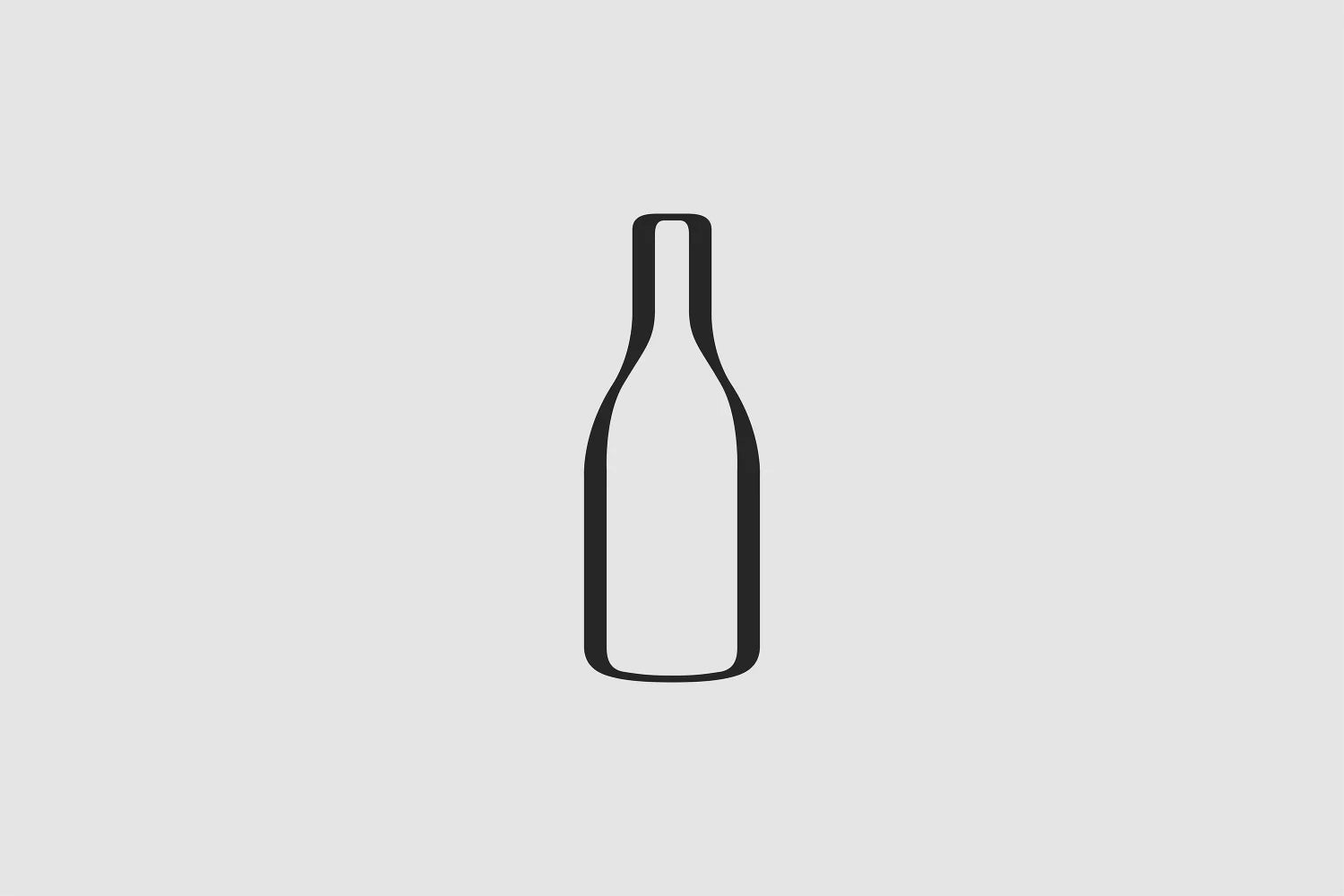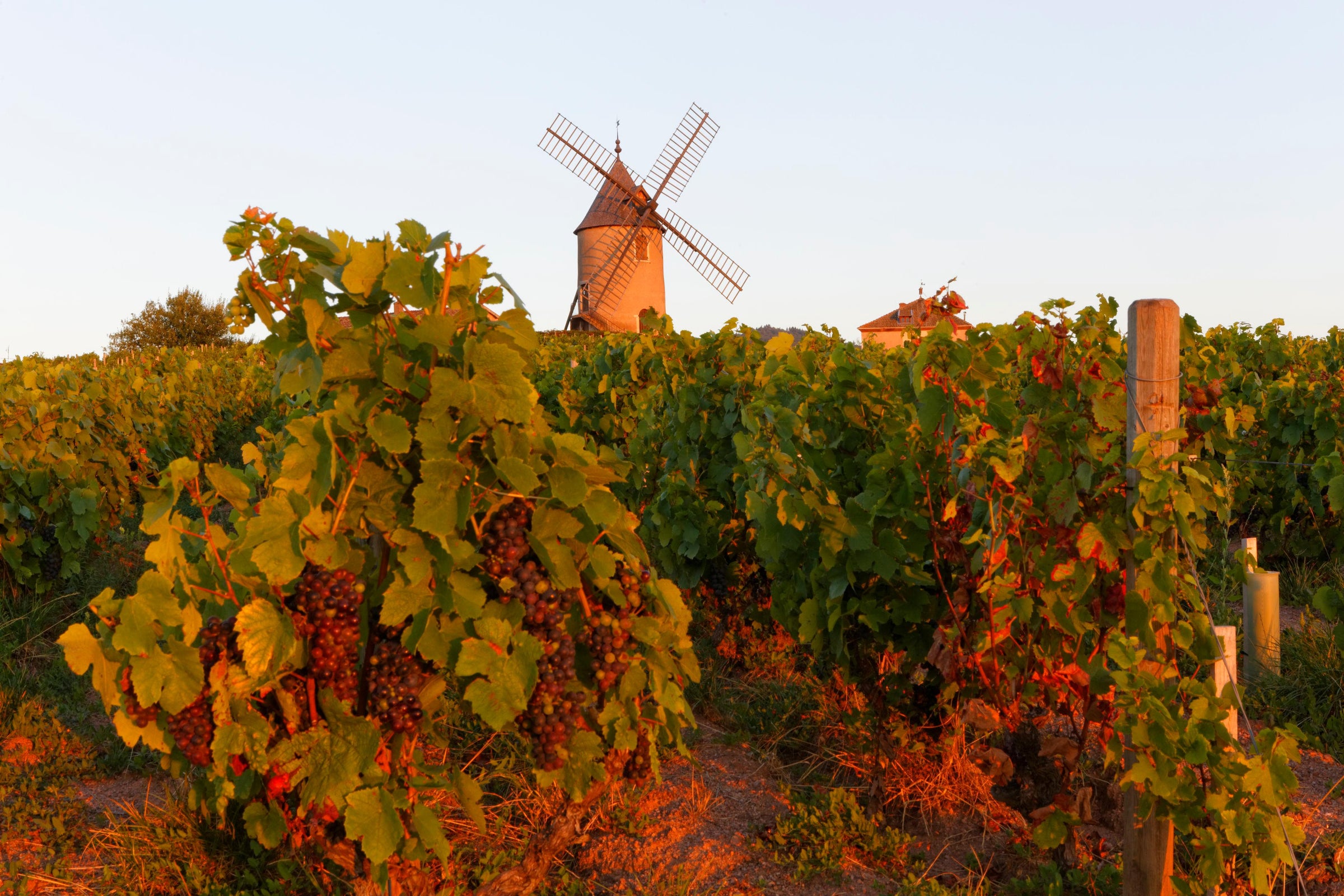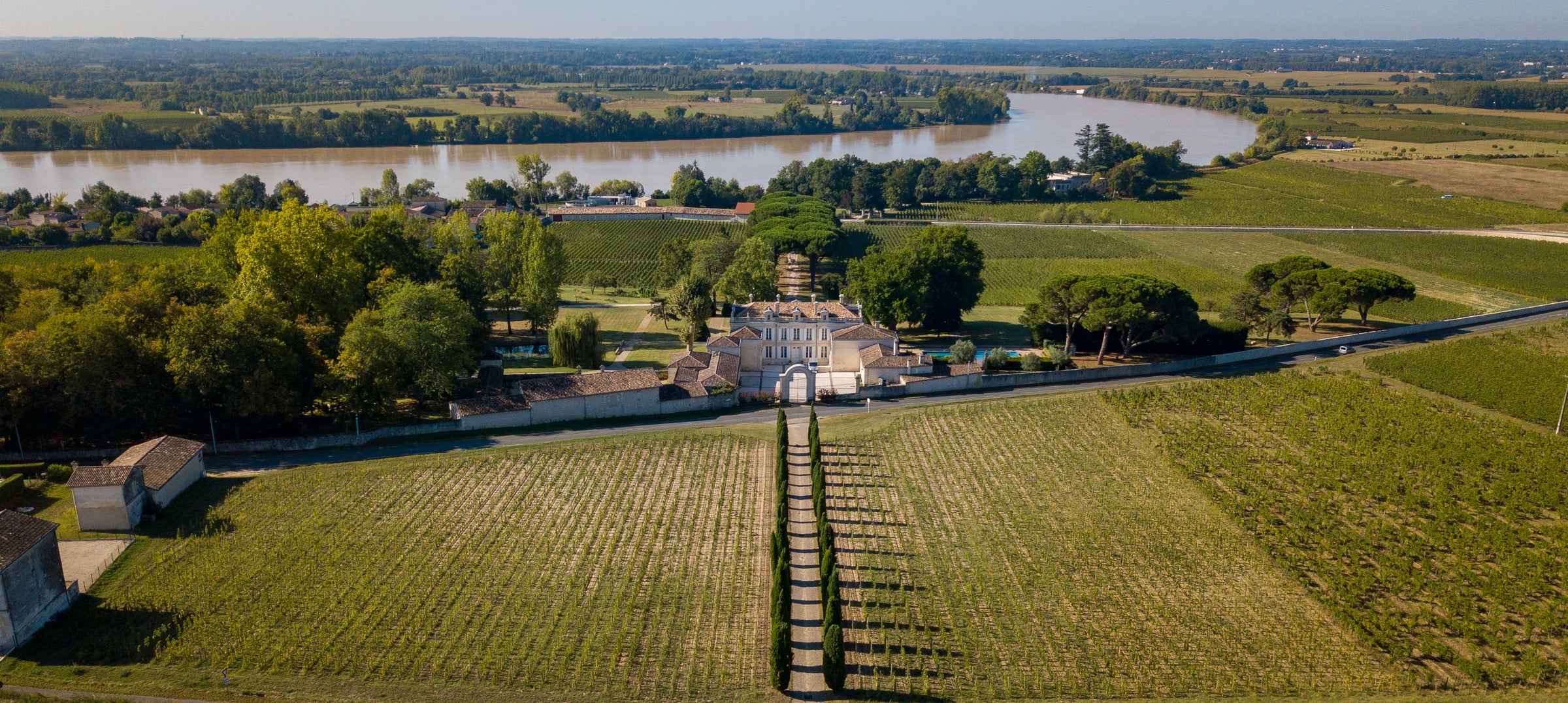Finding a seriously complex rosé from Provence that is not from Bandol (or Château Simone) is like finding the perfect bagel outside of New York: not easy, but certainly not impossible. While the overall quality of Côtes de Provence Rosé has continued to rise, Clos de L’Ours has quickly reached the category of full-on excellence.
Clos de L’Ours is an organic oasis within the sprawling appellation of Côte de Provence, and their 2018 rosé reminds me of a fine Bandol, a flawless example of soil in the glass with the seductive aromas of the Mediterranean coast. The estate’s owners, Michel and Fabienne Brotons, have breathed new life into the vines of Cotignac. Currently in the process of achieving their biodynamic certification, Clos de L’Ours is the antithesis of mass-produced, acidified, eye-candy rosé that shows up on every store shelf and email at the first sign of Spring. As the Brotons explain, L’Accent is an “authentic gastronomic wine,” a rosé with serious gusto that will impress the most critical palates. I wholeheartedly agree: It is as good as it gets. This one’s got the staying power for year-round drinking (and maybe a place at the Thanksgiving table). Buy this by the case and drink often! It is tough to beat.
When Michel and Fabienne Brotons were looking to buy a vineyard in Provence, their friend Eloi Dürrbach, of beloved Domaine de Trevallon, gave them a useful tip: He pointed them in the northern direction of Cotignac, where a rare opportunity awaited—32 acres of vines completely enclosed by wild herbs, trees, and lush Mediterranean vegetation. A gem of a microclimate, the vines were in stunningly good health, organically tended since 2000. The Brotons were convinced, envisioning a good life in Cotignac before them, and officially bought the property in 2012 after three years of negotiations and transactions. As Michel Brotons confesses, “We waited for this one. We didn’t visit another vineyard during those three years.”
They named the property “Clos de L’Ours.” L’Ours, meaning “The Bear,” is Michel’s nickname, an endearing reference to his physique. Jewelers by trade, the Brotons have an intense attention to detail. One of the immediate changes they made was the introduction of biodynamic farming (soon the estate will be certified by Demeter) to their seven grape varieties planted on limestone-clay soils. They renovated the property’s mas, or farmhouse, and hired Bandol enologist Daniel Abriel (of Domaine Tempier and Domaine de la Tour du Bon) with the shared intent of making wines that taste like the ground and its vines. Clos de L’Ours “L’Accent Rosé” is arguably the best Bandol rosé that is not Bandol (nor priced like Bandol).
Freshly new to the American market, this is a good opportunity to jump on the Clos de L’Ours bandwagon. Made predominantly from Cinsault and Grenache with lesser percentages of Mourvèdre, Syrah, and Carignan, the grapes are hand-harvested early in the morning to preserve freshness. After sorting, the fruit is pressed very carefully with a pneumatic press. The cellar practices are currently certified organic by Veritas, so there are no synthetic yeasts and absolutely no chaptalization of the must, both common practices (but rarely discussed) in Provence which breed alcohol but mute flavor. Enamel-lined steel is used for fermentation followed by aging on the fine lees until the wines are ready to bottle.
It’s nice to drink a rosé that has had time to harmonize its aroma and flavor with its texture and structure. Don’t be afraid to serve this one slightly warmer, somewhere between 50-55 degrees, to highlight the nuances. In the glass (an all-purpose stem is fine), pale pink tinted with orange fade into a watery rim with a starry brightness. The nose transports you to the underbrush of the Mediterranean: crushed stones underneath leaves of green, lavender, olive, and bristly red fruits. On the palate, the unhurried time spent on the lees renders into a delicate creaminess, filled with summery fruit—white cherry, strawberry, peach pit. A pleasant dusty, Frenchie gravelly undertone speaks for the vines and its ground. Acidity is lively but far from austere, and Cinsault adds nuances of forest spice and gentle tannin to carry this wine into a medium-plus finish. In the kitchen, “the world is your oyster,” with a rosé from Clos de L’Ours. From platters of grilled vegetables, to little fried treats from the sea, to artisanal charcuterie, this is the ultimate welcome wine. In September, the markets are plump with all the “farewell to summer” produce. Take advantage of the season’s sweetest corn and tomatoes, like the attached recipe, and keep your belly full with rosé!






